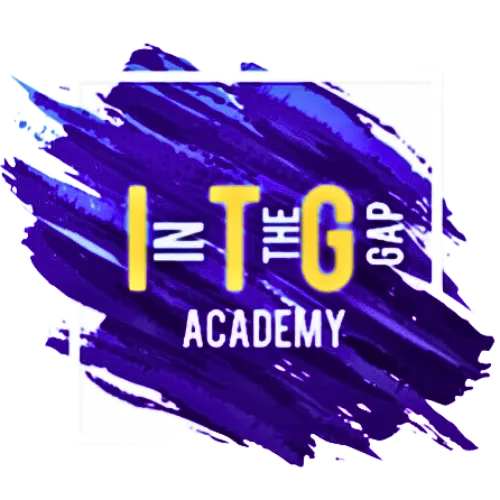Life Skills Training

Because Real Recovery Requires Real-Life Readiness
Who This Is For
Clients completing or enrolled in PHP, IOP, or OP
Individuals transitioning out of incarceration or structured environments
Adults who never had access to mentoring or stability
Clients in transitional housing or preparing for independent living
Young adults aging out of adolescent services or foster care
Anyone who’s tired of just surviving — and ready to live on their own terms

Why This Program Works
It’s Trauma-Informed
Many clients never had consistent models for daily success. We don’t assume — we teach with patience, context, and respect.
It’s Integrated Into the Recovery Journey
Life skills are taught alongside substance use treatment, not after it. We prepare clients from the beginning to succeed after discharge.
It’s Realistic
We meet clients where they are — whether that means no bank account, no phone, no ID, or no safe place to sleep. No shame. Just steps forward.
It Builds Confidence
Success isn’t just internal. When clients learn to manage their money, get to court on time, or advocate at work — they feel the difference.
What We Teach
Daily Living
- Time management and routine building
- Personal hygiene, nutrition, and home organization
- Meal planning and grocery budgeting
Financial Skills
- Budgeting basics and expense tracking
- Opening bank accounts, understanding credit
- How to avoid scams, fees, or predatory lenders
Communication & Boundaries
- Conflict resolution and assertive communication
- Saying no without shame or escalation
- Navigating family dynamics post-treatment or reentry
Transportation & Navigation
- Understanding public transportation
- Planning routes for work, appointments, and legal obligations
- Safety and time management when relying on others
Decision-Making & Problem-Solving
- Identifying triggers and stressors
- Creating backup plans and setting realistic goals
- Understanding consequences without fear or paralysis

Who Refers to This Program
Probation and parole officers
Reentry and transitional housing programs
Mental health providers and case managers
Family reunification teams
Vocational rehab and workforce agencies
Community-based organizations supporting at-risk populations

